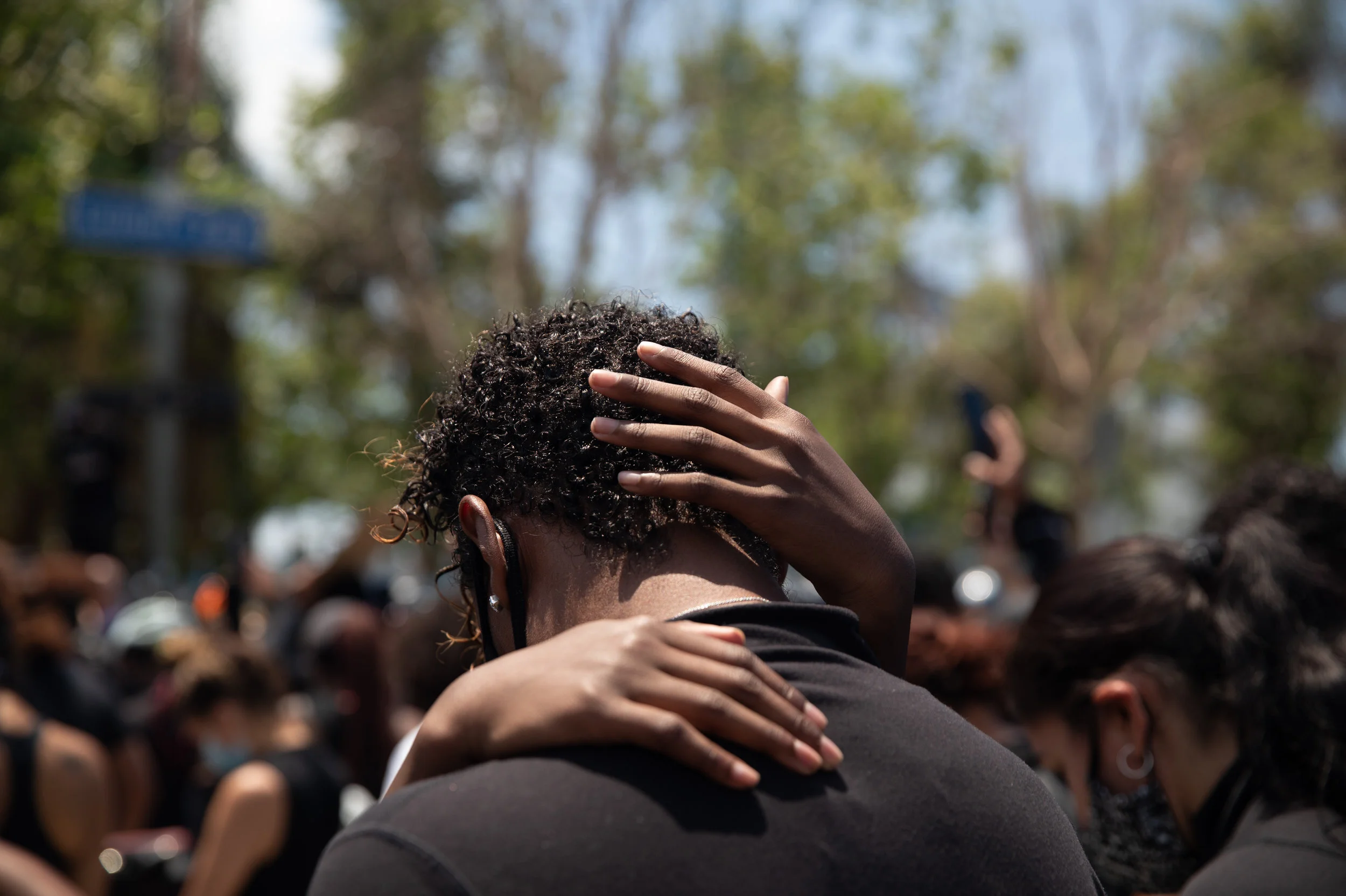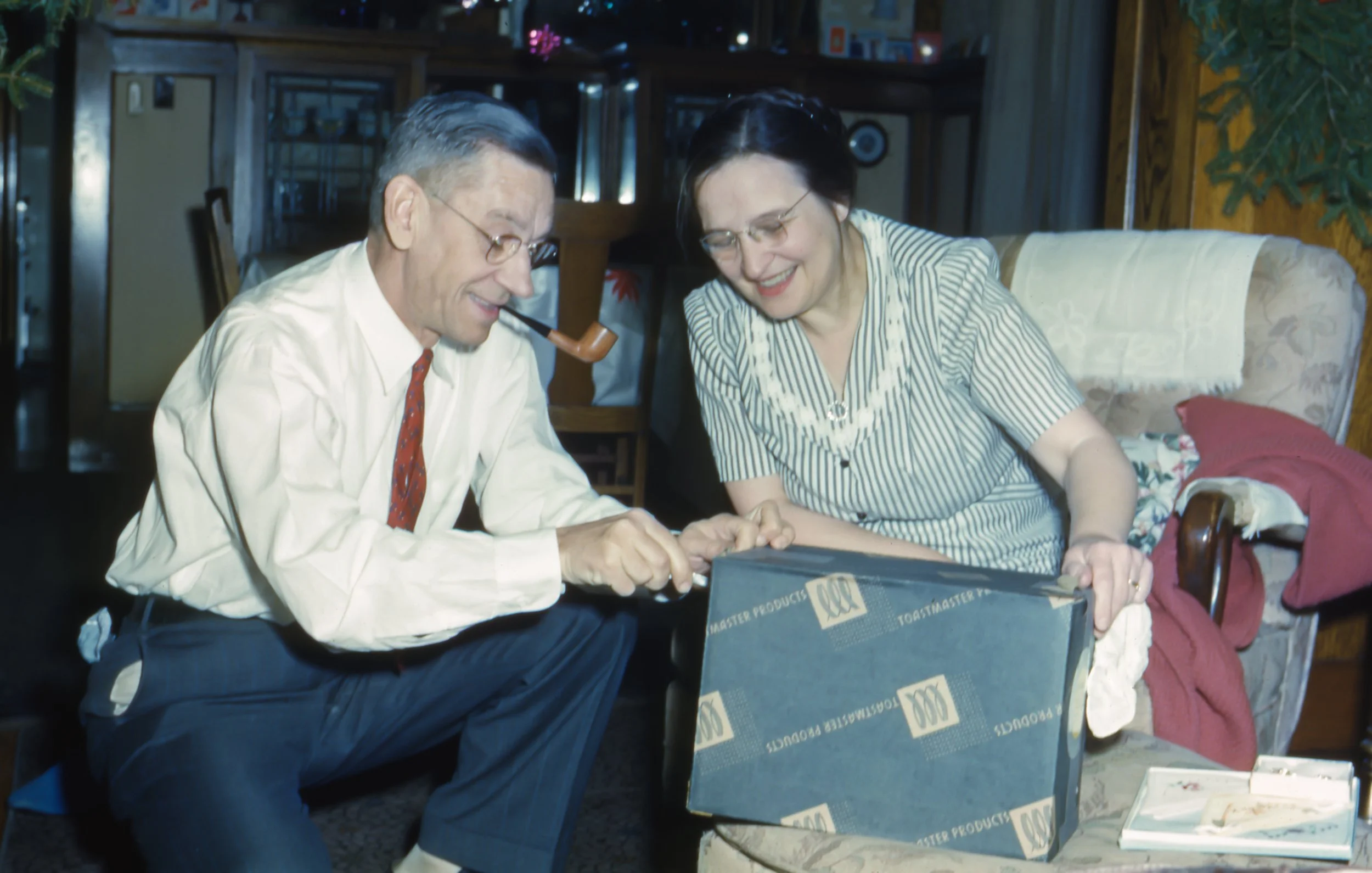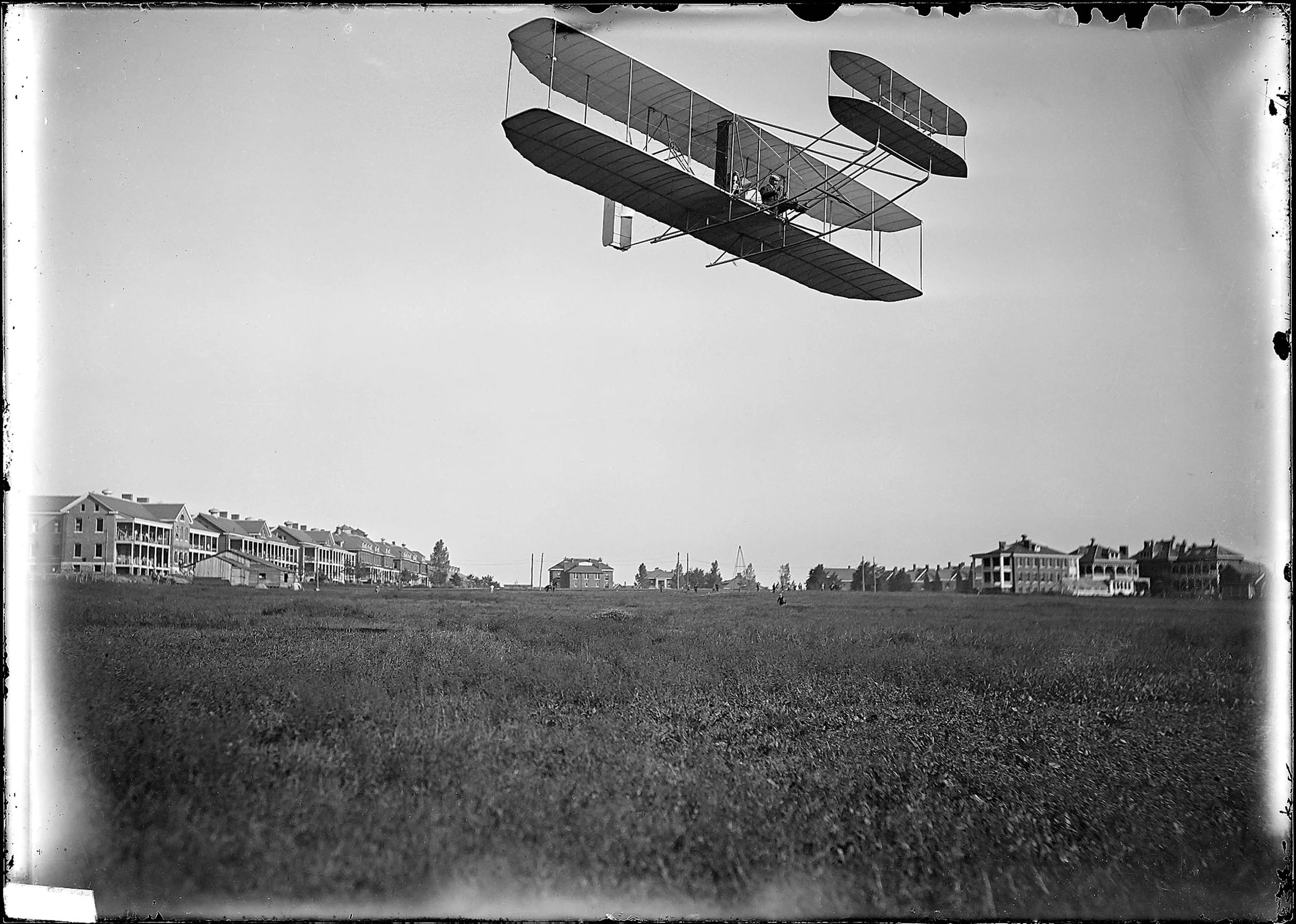Life Story Links: June 16, 2020
“There are years that ask questions and years that answer.”
—Zora Neale Hurston
Civil rights marchers carrying banner reading “We March with Selma” lead the way as 15,000 parade in Harlem, March 1965. Photograph by Stanley Wolfson for World Telegram & Sun, courtesy Library of Congress Prints and Photographs Division.
The Thing about Our Things
TREASURE IN THE ATTIC
Sheltering in place has given some families extra time to explore long forgotten spaces in their homes—as well as the proximate family history. “Every time we find something I get to hear so many stories. I haven’t been recording them, but I should.”
DISCOVERING HERITAGE THROUGH FAMILY PHOTOS
“My grandmother explained to me the stories behind each photo, from the people in it to what was going on in the world the day it was taken. I wasn’t sure what I was more impressed with: how sharp her memory was or how well she had managed to keep so many photos from the past organized.”
LISTEN IN
“Sharing the story of the ‘things’ in our lives can help us share the past with our family,” Maureen Taylor says in her introduction to a podcast episode with guest Martie McNabb, founder of Show and Tales. My favorite thing she talks about: the difference between storytelling and “story sharing.”
Expert Tips
THREE-STEP PLAN
It’s not a simple thing to undertake a life story project, but it needn’t be overly complicated, either. Last week I shared three steps to make your life story book project proceed as efficiently and smoothly as possible.
LIFE LESSONS
A legacy letter, also known as an ethical will, is “a way to soul-search what I want the rest of my footprint to look like. What do I stand for?”
Black Stories Matter
#SHAREBLACKSTORIES
“It wasn’t until the beginning of high school that my dad started opening up to me about his experience as a black man living in America,” Rylee shares on Instagram, which is proving to be a force for sharing Black stories right now.
BLACK MOTHERHOOD IN SLEEPLESS TIMES
“As he sleeps his mouth moves as if he is still nursing, still tethered to me. I look at his perfect face, watch his mouth dance, and try not to think this is the safest he will ever be,” Idrissa Simmonds-Nastili writes in this powerful piece on (so much more than) sleep-training her baby.
STORY SNIPPET
“Dad, why do you take me to protests so much?” Two minutes and thirty-nine seconds of love and respect and conversation between a father and son in Mississippi:
ONE VOICE
“The most damaging day came when my son, at 11 years of age, had his drone picked up by a gust of wind, and deposited into the fenced back yard of a neighbor down the street,” Heather Stewman writes in this personal story of encountering racism in everyday life.
WITNESSES TO HISTORY
”Black photographers have been documenting the nationwide protests in a way that amounts to telling ‘our own history in real time,’ said Brooklyn, N.Y.-based commercial photographer Mark Clennon, ‘because our parents, and grandparents never really had a chance to have their voices heard.’”
Photograph by Alexis Hunley of a parent and child sharing a tender moment during a protest against police brutality in Los Angeles on June 6. NPR shares a series of impactful photographs from eight black photographers along with commentary on their experiences. (Click photo or link above to read full story.)
HISTORICAL TRAUMA
“[An] individual’s parents or grandparents may have stories about how their own relatives survived the Jim Crow era, narratives that were marked by terror and fear of the white community.” Mirel Zaman explains inherited trauma.
Dose of Inspiration
“REMEMBER YOU ARE ALL PEOPLE AND ALL PEOPLE ARE YOU”
“Remember the sky that you were born under, / know each of the star’s stories…” A friend recently shared with me this 1983 poem, “Remember” by poet laureate Joy Harjo, and I want to share it with you—it feels oh-so-right for this season.
TOO MUCH MEMORY, OR NOT ENOUGH?
“At first, my desire to remember was formidable, but ultimately harmless… I had lost what I loved and with each detail I unearthed, I felt like I was regaining it,” Angela Rose Brussel writes in this meditation on grieving in the digital afterlife.
...and a Few More Links
Zadie Smith wrote an entire essay collection in lockdown.
Court records “provide amazing window into past”
Is Ball Four the greatest baseball memoir ever written?
Short Takes











